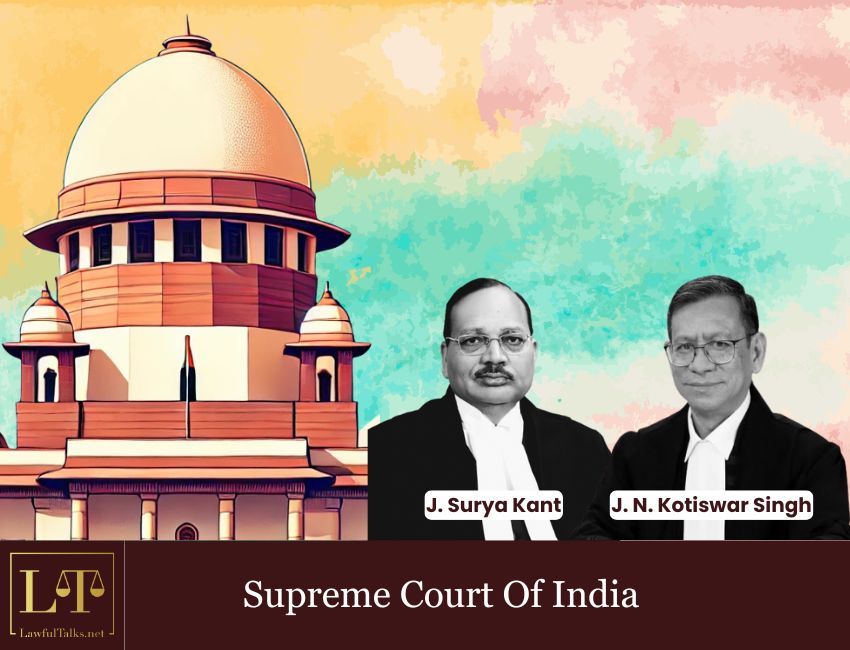Allahabad HC Sets Aside Afzal Ansari's Conviction, Allows Him to Continue as MP

The Supreme Court recently dismissed the Bar Council of India’s (BCI) challenge to a Kerala High Court order that allowed two murder convicts to attend law classes virtually from jail. A bench comprising Justice Surya Kant and Justice N. Kotiswar Singh ruled that BCI had no business to interfere in matters of legal education and should leave the same to jurists and legal academicians. The bench also left the question of law open.

The case began in 2023 when the Kerala High Court ruled that two individuals convicted of crimes under Section 302 IPC (and others) might enroll in online LL.B. programs while serving their sentences. BCI challenged this decision, arguing that it violated the University Grants Commission's (UGC) regulations requiring in-person attendance for legal education. The regulating board said that permitting inmates to remotely obtain law degrees could compromise the integrity of legal education and create a troubling precedent.
During the hearing, Justice Surya Kant questioned why BCI had challenged the order. He pointed out that BCI should have supported the High Court decision instead of taking a conservative and orthodox view. He further stated that BCI had no business interfering with legal education and should focus on its primary responsibilities. He also remarked that it would have been unfair to deny the prisoners access to education in the interim if they were later acquitted on appeal.
AoR Radhika Gautam, appearing for BCI, responded that the High Court’s ruling was against accepted norms and that the Supreme Court had already maintained BCI’s jurisdiction to regulate legal education. She also emphasized that BCI was not seeking a stay of the High Court’s order and that the two students in question could be allowed to continue to attend virtually, but the larger question be considered by the Court. However, the Supreme Court dismissed BCI’s petition both on account of a delay of 394 days as well as on merits, rejecting this reasoning.
The Supreme Court, in its ruling, stated that besides the inordinate delay of 394 days, it was satisfied that the order passed by the High Court granting permission to join classes through online mode, in the peculiar facts and circumstances of this case, did not warrant interference. The ruling marks a change toward a more reformative approach to legal education and upholds the principle that educational opportunities shouldn’t be arbitrarily limited, even for those imprisoned.
Source:News




















































































































































































































































































































































































































































































































































































































































































































































